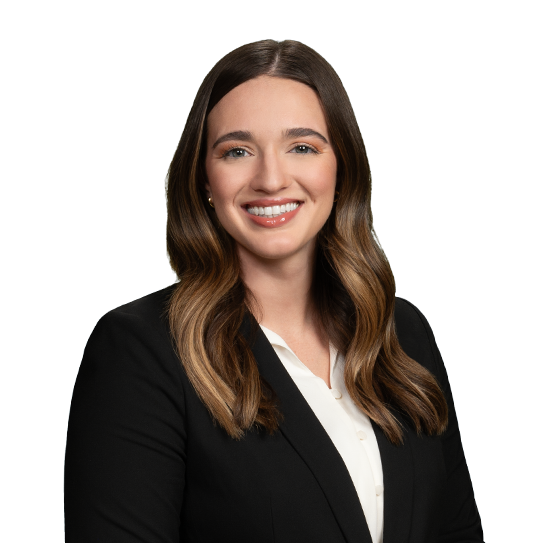Press Releases
WTO Amicus Brief Urges U.S. Supreme Court to Revisit Murder Conviction in Case of First Impression
Denver: Wheeler Trigg O’Donnell lawyers, acting as amicus counsel, asked the U.S. Supreme Court to revisit a high-profile murder case involving a controversial investigative method known as the “Mr. Big” technique. The case involves a novel interplay between Canadian and American laws, and the conviction was questioned on Netflix’s “The Confession Tapes.”
WTO’s Eric Robertson, Jennifer Simon, and Danielle Trujillo filed an amicus brief pro bono for the Criminal Lawyers’ Association of Ontario, Canada in support of Atif Rafay’s petition for certiorari. Mr. Rafay and his friend Sebastian Burns were sentenced to life in prison in 2004 for allegedly murdering Mr. Rafay’s parents and sister when they were teenagers. Mr. Rafay’s petition argues that his confession, which was procured through the Canadian Royal Mounted Police’s use of the Mr. Big technique, was coercive.
The Mr. Big technique is a Canadian tactic in which undercover officers pose as members of a fake criminal enterprise designed to entice the target of an investigation into joining its ranks and making incriminating statements. The officers often stage simulated acts of violence against members who allegedly betrayed the organization to intimidate the suspect into confessing to the organization’s supposed boss, “Mr. Big.”
The murders in Mr. Rafay’s case occurred in Washington state, however Mr. Rafay and his friend Mr. Burns were Canadian citizens at the time. They were extradited and convicted in an American trial on the basis of the Mr. Big confession obtained by the Canadian police.
In 2014, the Canada Supreme Court ruled that these “Mr. Big confessions” are presumptively inadmissible. Citing this shift in Canadian law, Mr. Rafay appealed his conviction, but the U.S. Court of Appeals for the Ninth Circuit concluded that Canada’s ruling was irrelevant to the case. WTO lawyers argued that the ruling failed to consider both the relevance of the Canadian ruling and the inherently coercive nature of the Mr. Big technique, which warrants a reversal by the Supreme Court. To date, no U.S. court has addressed the legality of the Mr. Big technique, and the Ninth Circuit dodged that question.
WTO lawyers wrote that Mr. Rafay “faces spending the rest of his life in prison based primarily on the admission of a false confession.” The lawyers urged the Supreme Court to “right the wrong” by vacating the Ninth Circuit decision and remanding the case. Alternatively, the brief argued that the Supreme Court should take up the issue itself.
Wheeler Trigg O’Donnell lawyers practicing today have taken more than 1,100 trials and arbitrations to verdict or award and hundreds of appeals to opinion all across the nation, with exceptional results for our clients.
Established in 1998, WTO currently numbers approximately 100 trial lawyers and litigators. The firm represents sophisticated clients in high-stakes civil trials, appeals, and related litigation ranging from complex commercial to class actions to catastrophic torts.

 Eric L. Robertson
Eric L. Robertson
 Danielle L. Trujillo
Danielle L. Trujillo